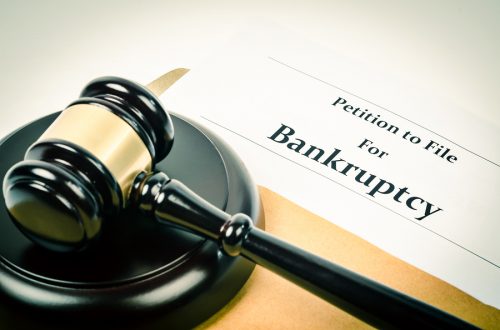When it comes to debt, not all debt is created equal. If the money being borrowed helps increase the borrower’s net worth or income, that debt is considered “good” debt, while bad debt only worsens a person’s financial situation.
Good Debt
Good debt is any obligation that would increase a person’s net worth or income. While it does involve a financial obligation to repay a debt, it can also be something positive or beneficial to the consumer. Good debt also tends to come with a lower interest rate on the amount owed. Mortgages are one example of good debt because the person who takes out the loan ends up with an asset that will increase his or her net worth. Car loans are also considered good debt since they are attached to an asset, namely a car. Student loans are another type of debt that are considered good debt, especially when it comes to obtaining a desired degree and furthering job prospects and earning power for the borrower. These loans may not be attached directly to an asset, but they tend to have lower interest rates, especially if the loans are federal student loans.
Bad Debt
Bad debt, on the other hand, involves financial obligations that only hurt a person’s finances. Bad debt is rarely attached to another asset as collateral, meaning the debt is unsecured, and this debt includes interest rates that are much higher than good debt.
This category of debt includes high-interest credit cards with interest rates over 20 percent, personal loans, and payday loans. This type of debt is oftentimes easier to incur and harder to pay off.
This bad debt is traditionally the category of debt that is discharged at the end of a bankruptcy case, especially if the filer is pursuing a Chapter 7 bankruptcy case. Failing to pay on bad debt can significantly damage a person’s credit score, especially if that debt is then sent to collections.
The Effect of Good Debt Versus Bad Debt
Any type of debt will influence a person’s ability to receive financing, but good debt tends to have a less harsh of an effect. For example, if someone is wanting to purchase a home, the fact that he or she has federal student loan debt, will be less damaging than if the person had several maxed-out credit cards. Other financial factors are also looked at, including the person’s income-to-debt ratio.
If you have questions on this topic or are in financial crisis and considering filing for bankruptcy, contact an experienced Miami bankruptcy attorney who can advise you of all of your options. As an experienced CPA as well as a proven bankruptcy lawyer, Timothy Kingcade knows how to help clients take full advantage of the bankruptcy laws to protect their assets and get successful results. Since 1996 Kingcade Garcia McMaken has been helping people from all walks of life build a better tomorrow. Our attorneys’ help thousands of people every year take advantage of their rights under bankruptcy protection to restart, rebuild and recover. The day you hire our firm, we will contact your creditors to stop the harassment. You can also find useful consumer information on the Kingcade Garcia McMaken website at www.miamibankruptcy.com.
Source: https://www.nerdwallet.com/blog/finance/good-debt-vs-bad-debt-know-difference/


